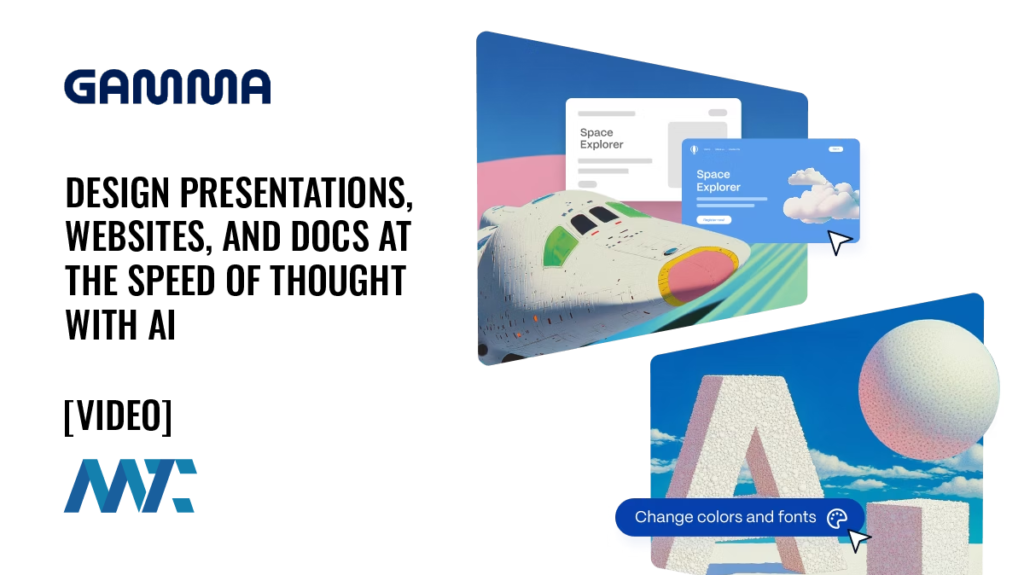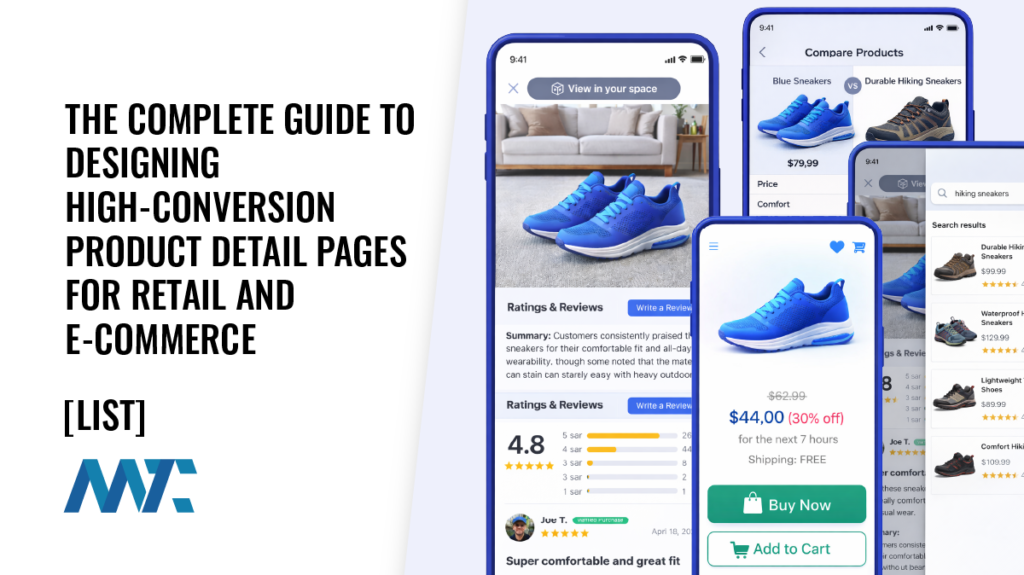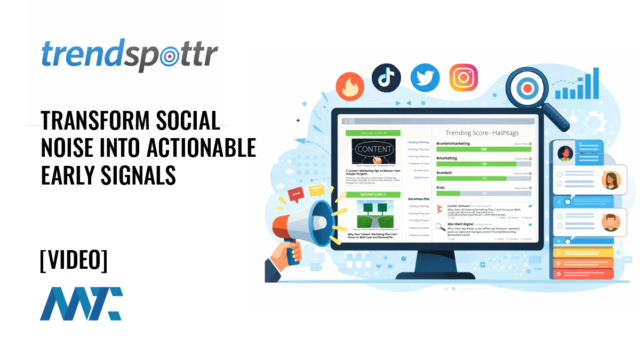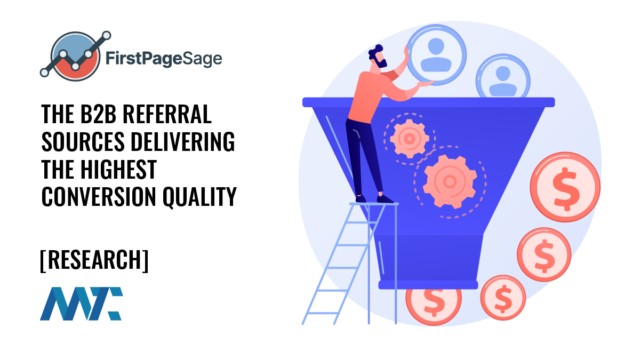Equally AI: ChatGPT Is A Game Changer for Web Accessibility in 2023

Web accessibility refers to the design and development of websites, applications, and digital content in a way that ensures they are usable by individuals with various abilities and disabilities. The goal is to provide equal access and opportunity to everyone, regardless of their physical, cognitive, or sensory limitations.
ChatGPT
The future of web accessibility is here, and it’s all thanks to advancements in artificial intelligence (AI) with ChatGPT – the revolutionary natural language processing tool driven by OpenAI. With ChatGPT, web developers and marketers can now tap into the power of AI to create inclusive online experiences that meet the needs of everyone.
Beyond just being a tool, ChatGPT represents a new way of thinking about web accessibility, one that balances human creativity with technological innovation.
In this article, we’ll explore the many ways that ChatGPT is a game changer for web accessibility. We’ll examine its benefits and challenges, and how you can use it to create more inclusive and accessible online experiences.
Understanding Web Accessibility
Web accessibility isn’t just for the benefit of people with disabilities. By optimizing the website’s usability, it becomes more accessible to those who are less tech-savvy or use different devices or browsers.
A common misconception about web accessibility is that it is the sole responsibility of web developers. I’ll tell you this for free – it’s not true!
Web accessibility and digital inclusion are everyone’s business. This includes non-developers, such as user experience (UX) or user interface (UI) designers, quality assurance (QA) testers, project managers, digital marketers, webmasters, etc.
The challenge lies in the fact that creating an accessible website is no easy feat. There are many factors to consider, from technical coding details and content structure to design and user experience elements.
This makes achieving true accessibility incredibly difficult, and even experienced developers may struggle with making their sites accessible.
Web Accessibility Benefits
Along with complying with regulations such as the Americans with Disabilities Act (ADA) and Web Content Accessibility Guidelines (WCAG), web accessibility has the following benefits.
- Inclusive user experience (UX): Accessible websites allow people with disabilities to effectively engage with the content, tools, and services provided. This ensures an inclusive user experience, catering to a wide range of users, including those with temporary or situational limitations.
- Expanding audience reach: By making a website accessible, businesses and organizations can reach a broader audience, including the millions of people living with disabilities worldwide. This can lead to increased traffic, engagement, and revenue.
- Search engine optimization (SEO): Accessible websites tend to have better-structured content and improved navigation, which can enhance search engine visibility and rankings.
- Legal compliance: Many countries have laws and regulations that require websites to be accessible to people with disabilities. In the United States, for example, the Americans with Disabilities Act (ADA) and Section 508 of the Rehabilitation Act require certain websites to meet accessibility standards. Non-compliance can lead to legal disputes, fines, and damage to a company’s reputation.
- Corporate social responsibility: Accessible web design demonstrates a commitment to social responsibility and inclusion, which can enhance a company’s image and reputation.
- Future-proofing: As technology evolves, adopting web accessibility best practices ensures that a website remains usable and up-to-date, regardless of future changes in devices or user requirements.
How ChatGPT Could Revolutionize Web Accessibility
ChatGPT is an AI language model trained on a dataset of around 45 terabytes of text data to learn the complexities of natural language, such as context and nuance. This allows it to be fine-tuned to generate more accurate and relevant responses to users’ queries.
Codex is the name of the codebase that is used by OpenAI to develop and train large language models like ChatGPT. The Codex codebase is a set of software tools and libraries that enable developers to implement and train transformer-based neural networks.
In addition, ChatGPT can create code snippets using Codex. Codex is an AI system that translates between natural language and code in more than a dozen programming languages.
These capabilities make ChatGPT a powerful tool for improving website accessibility. Let’s see some practical use cases.
- Automated Audits – ChatGPT can be used to automatically scan websites and identify accessibility issues on them. These could include errors such as poor color contrast, missing alternative text, or missing ARIA labels. It can then provide detailed remediation recommendations, which developers can use to quickly fix any issues and improve the accessibility of their sites.
- Personalized Web Experiences – ChatGPT could help developers create personalized web experiences for users with disabilities. For instance, it could create unique experiences with different color schemes or simpler language to better suit the needs of people with cognitive disabilities. This kind of personalization could make a huge difference for people with disabilities, who often have to navigate websites not optimized for their needs.
- Accessibility Awareness – ChatGPT could make a difference by helping to raise awareness among developers. It’s no secret that accessibility is often an afterthought in the development process. The fact is that many developers simply do not have the knowledge or resources to create truly accessible sites. To address this issue, ChatGPT could power virtual assistants that educate developers on the importance of accessibility and guide them on how to create more accessible sites.
ChatGPT and Web Accessibility
We’ve been talking about website developers all the while. How about non-developers involved in creating website content, such as digital marketers? Similar to developers, ChatGPT can help them understand what accessibility is and how to implement it easily.
For instance, ChatGPT can suggest ways to create accessible content that is easy to read and navigate. These include using clear headings and avoiding complex jargon. ChatGPT’s ability to find and fix accessibility errors can be particularly helpful for small business owners who may not have the resources to hire an accessibility consultant.
By interacting with ChatGPT, marketers can learn about accessibility guidelines, tools, and best practices that can make their websites more accessible to people with disabilities. ChatGPT could answer questions like:
Does this email HTML follow WCAG 2.1 AA guidelines for accessible content?
This can help keep developers and marketers abreast of changes to the WCAG and help them analyze their website’s compliance.
Test Your Site’s Web Accessibility With Equally AI
Challenges With ChatGPT
Of course, like any new technology, ChatGPT is not without its limitations. It may not always accurately identify accessibility issues or provide correct recommendations. Certain types of content on the website may not be accessible with automated tools like ChatGPT and may require manual testing, such as using a screen reader. That means relying solely on ChatGPT may give a false sense of accessibility.
Additionally, as with any AI technology, there is always a risk of bias in the data that is used to train the system. Developers can mitigate this challenge through proper training and data management. This would ensure that its responses and suggestions accurately represent the experiences of people with disabilities.
Bear in mind though, that while ChatGPT can be extremely useful for improving accessibility on websites, it is not a total substitute for human judgment and expertise. To ensure that your website is truly accessible to all users, you need to conduct manual tests and remediations (in addition to ChatGPT’s suggestions, of course).
Ultimately, the potential benefits of ChatGPT in enhancing web accessibility far outweigh its limitations.
Equally AI
It’s an exciting time for developers and marketers looking to make a real difference in web accessibility in 2023. ChatGPT is not just another tool in the toolkit – it’s a game-changer leading to a new era of innovation and creativity in how we approach web accessibility. As we move towards a more digital future, technologies like ChatGPT will be more important than ever in ensuring that the internet is a place where everyone can participate and thrive.
Learn from the Top 5 in Each Industry: Equally AI recently released a report highlighting the most accessible websites in the United States. The report, which covers college, news, e-commerce, sports, video streaming, and health websites, identifies the top five brands in each category based on their accessibility.
The report aims to raise awareness about the importance of web accessibility and highlight the brands that are leading the way in creating accessible online experiences for all users, including those with disabilities.
By showcasing these brands, we hope to inspire others to prioritize accessibility in their own digital products and promote a more inclusive internet.







